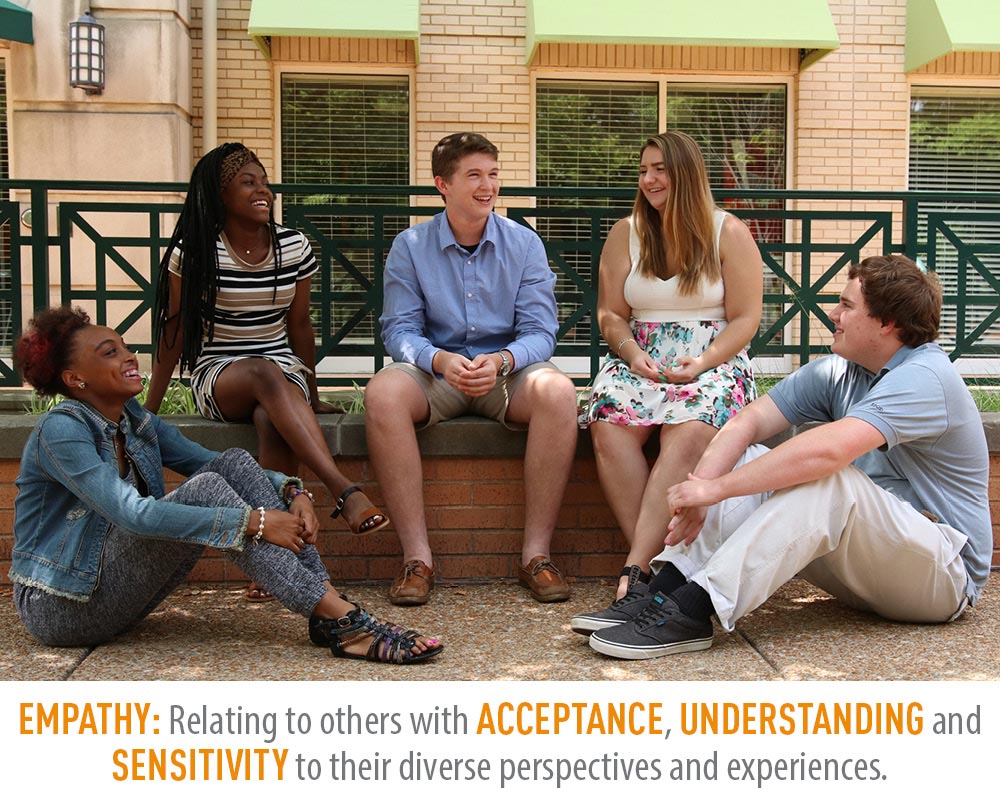Wyman recently hosted over 100 practitioners, program directors, evaluators and funders in a convening to discuss social-emotional learning, and the recent emergence of a new field guide, “Preparing Youth to Thrive: Promising Practices in Social and Emotional Learning.”
This framework emerged from the Social-Emotional Learning Challenge, in which Wyman collaborated with seven other youth-focused programs to identify best practices to equip teens with valuable social-emotional skills.
One common question continued to emerge: “How does addressing the inequities and social injustices that our youth face show up in this work?”
According to Allison Williams, Wyman’s Senior Vice President of Programs, “Addressing inequities and social injustice is absolutely essential to social-emotional skill building.”
“Staff from across the eight programs in the Social-Emotional Learning Challenge came back to this idea again and again. Collectively, our experiences illustrated that promoting equity was fundamental to successfully helping youth build empathy skills. Believing in and experiencing equity is essential to their development and well-being.”
Social-Emotional Learning Challenge participants define empathy as “relating to others with acceptance, understanding and sensitivity to their diverse perspectives and experiences.”
The Challenge revealed that empathy was best developed as adults created engaging learning environments in which young people:
- Explored the effects of stereotypes, discrimination and social structures.
- Shared their stories and listened to those of others.
- Had opportunities to practice relating to one another with acceptance and understanding.
To most effectively help youth build empathy in these programs, adults working in the programs displayed several best practices:
- Creating a safe and empowering space for youth to share different cultural backgrounds, personal beliefs and stories without judgment.
- Actively promoting inclusion and equity.
- Cultivating a program culture in which people actively care for each other.
- Serving as an ally for youth who are isolated by differences in culture, family background, privilege or power.
Williams adds, “In the days following the presidential election, I witnessed this type of adult support for young people being applied in profound and powerful ways. Young people across Wyman’s programs, who are primarily from low-income backgrounds and often students of color, reached out to our team members, often from a place of deep pain and confusion.”
Wyman team members also proactively reached out to Wyman teens to create a space to listen and reaffirm their value.
“We care deeply about the well-being of all youth, and we believe in their potential and voice. For our African-American students on a college campus who endured racial taunts, for our Muslim students who were terrified of reprisal based on their spiritual beliefs, for our students who were undocumented and feared for their family’s safety, for our LGBTQ students who felt increasingly marginalized and belittled, and for all of our students who were struggling to make sense out of all of the messages they were hearing – our staff created space for whatever conversation was needed by each student.”
“We are continually impressed by the ability of our teens to overcome adversity by recognizing their voice and looking for ways to connect to others and their world. Many of these conversations moved to ways in which the students themselves wished to promote equity and inclusion in the face of what they were experiencing.”
For more details on the Social Emotional Learning Challenge and a detailed exploration of empathy, visit selpractices.org.


